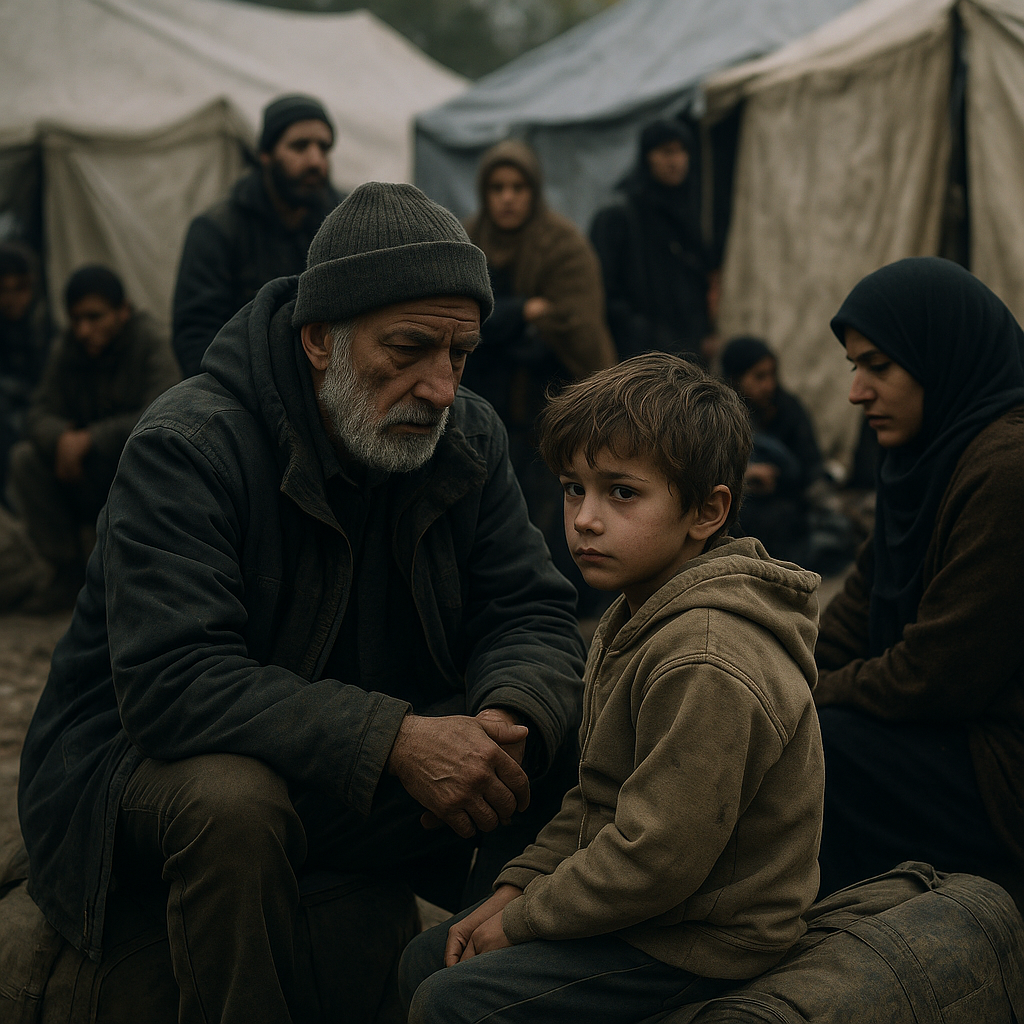UN Slams Russia Over Decades of Forced Labour, Trafficking in Moscow District
The UN experts sharply criticized Russia’s failure to adopt a comprehensive anti-trafficking legal framework.

United Nations human rights experts have issued a scathing condemnation of the Russian Federation following revelations of systematic trafficking and forced labour involving migrant women in the Golyanovo district of Moscow. The victims, primarily from Uzbekistan and Kazakhstan, were reportedly subjected to horrifying abuses over decades, including physical violence, sexual exploitation, and forced abortions — all under the apparent inaction of Russian authorities.
A Shocking Pattern of Exploitation
According to credible and well-documented information received by the UN Special Procedures, dozens of migrant women were lured to Russia under false pretences, promised legitimate jobs in small retail shops. Upon arrival in Moscow, however, they were coerced into exploitative labour arrangements that bore all the hallmarks of modern slavery.
Victims reported having their identity documents confiscated and being held in captivity under 24-hour surveillance. Forced to work up to 20 hours a day without pay, they endured inhumane living conditions. Survivors described extreme physical abuse, including torture and repeated sexual violence. Several were forced to undergo abortions, while others had their children abducted or taken from them shortly after birth.
“These women were isolated, abused, and stripped of all autonomy,” said the group of independent UN experts. “The scale and duration of the abuse, coupled with the authorities’ failure to act despite repeated complaints, point to a deeply entrenched system of exploitation.”
Systemic Legal Failures and Culture of Impunity
Despite repeated alerts from victims and civil society organisations since the 1990s, Russian authorities have reportedly failed to conduct meaningful investigations or bring perpetrators to justice. Complaints were often dismissed outright or closed based on the assumption that the victims had "consented" to the conditions — a rationale that ignores overwhelming evidence of coercion, deception, and violence.
The UN experts sharply criticized Russia’s failure to adopt a comprehensive anti-trafficking legal framework. They also noted that current laws criminalize those who assist undocumented migrants, creating significant barriers for victims to seek help and for non-governmental organisations (NGOs) to provide support.
“The facts described reveal deeply disturbing patterns of trafficking in persons and contemporary forms of slavery, enabled by systemic failures in the Russian legal and institutional framework,” the experts said. “The lack of effective and timely investigations and the fact that perpetrators are not held accountable fuels impunity which is unacceptable.”
International Legal Judgment Against Russia
The European Court of Human Rights (ECHR) recently delivered a final ruling in the case of F.M. and Others v. Russia, confirming Russia’s violation of its obligations under Article 4 of the European Convention on Human Rights. The article prohibits slavery and forced labour, and mandates that states take proactive steps to prevent trafficking and protect victims.
The Court found that Russian authorities had not only failed to prevent the trafficking and exploitation of the women, but also actively contributed to their continued abuse by refusing to register complaints, ignoring corroborative evidence, and failing to prosecute those responsible. The judgment has added legal and diplomatic pressure on Russia to respond to international human rights standards.
Urgent Appeal for Action and International Cooperation
In their statement, the UN experts urged the Russian government to take “immediate and decisive action.” Recommendations included:
-
Launching a full and transparent criminal investigation into the Golyanovo trafficking network;
-
Cooperating with the governments of Uzbekistan and Kazakhstan to identify and support victims;
-
Providing reparations and rehabilitation services to survivors;
-
Establishing a comprehensive legal framework to combat human trafficking;
-
Decriminalizing the provision of assistance to undocumented migrants;
-
Ensuring that trafficking victims are not punished for unlawful acts committed as a direct consequence of their exploitation.
“Victims of human trafficking must not be punished for unlawful acts committed as a direct consequence of their exploitation,” the experts emphasized.
Continued Dialogue and Monitoring
The experts confirmed they are in contact with Russian authorities over the issue and will continue to monitor the situation closely. They urged the international community, particularly human rights bodies and regional organizations, to support efforts to ensure justice for the victims and end entrenched patterns of exploitation in Russia.
As the world reckons with the persistent realities of modern slavery, the case of Golyanovo stands as a harrowing reminder that systemic exploitation can flourish for decades in the shadows — unless met with transparency, accountability, and political will to uphold the rights and dignity of the most vulnerable.










